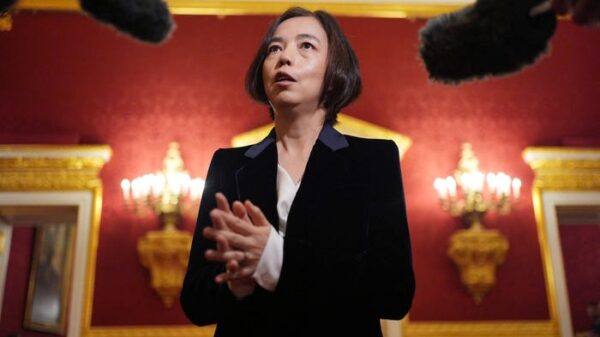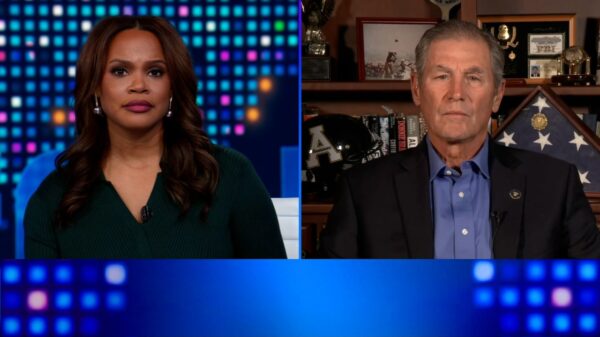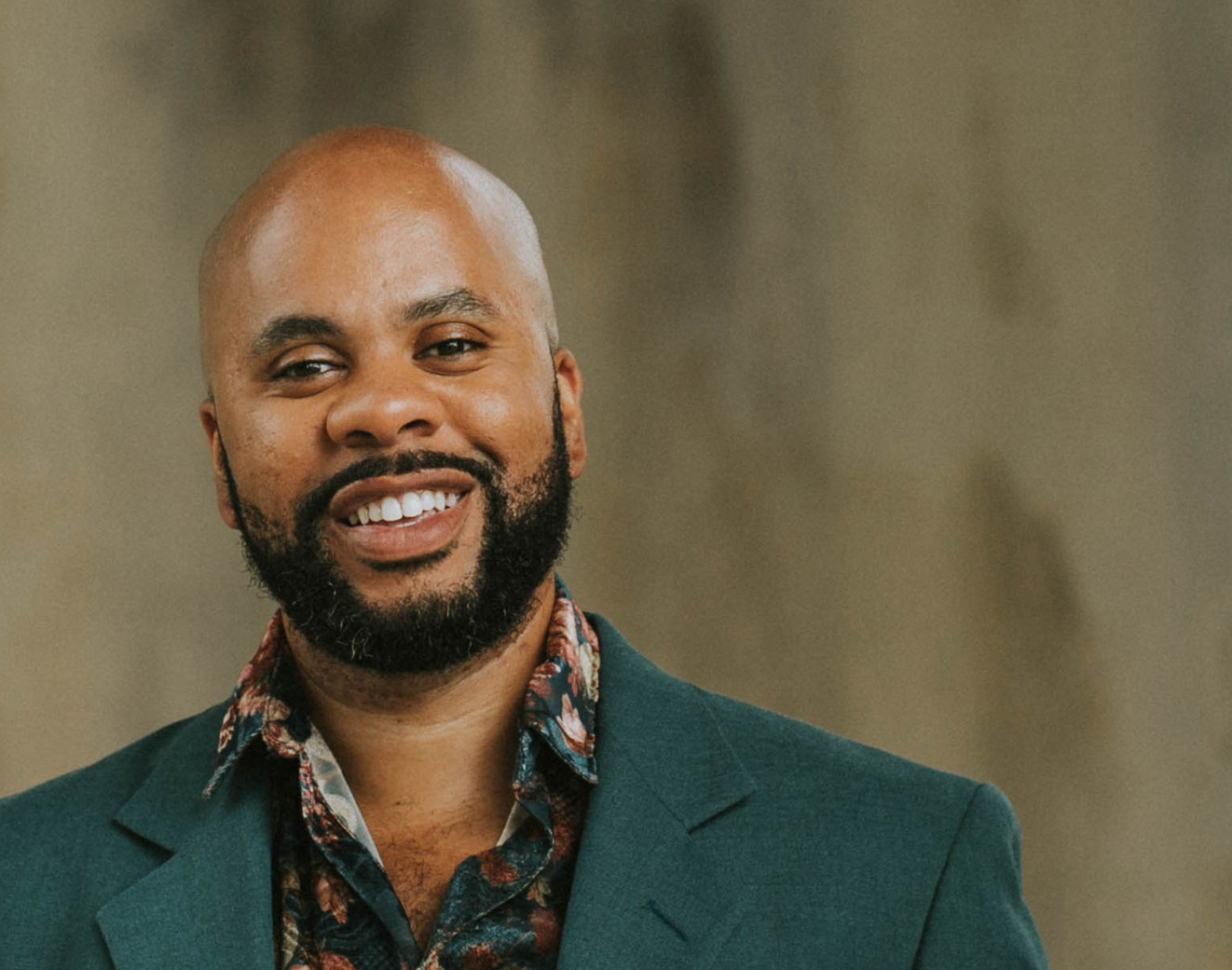UPDATE: Significant tensions are emerging in friendships across borders as individuals grapple with political apathy amid escalating crises. Recent letters to advice columnist Eric Thomas reveal deep frustrations from readers feeling ignored by friends who refuse to engage with pressing social issues.
One letter, from a reader identified as Disappointed, expresses outrage over her friend’s indifference to the ongoing turmoil in the United States. The correspondent details a decade-long friendship maintained exclusively through social media with a man from a nation that flourished after the devastation of World War II. Despite their long-standing connection, the friend has dismissed discussions about the alarming state of affairs in the U.S., including reports of troops in the streets and politically motivated firings.
“He’s not interested in any news whatsoever,” Disappointed recounted, highlighting her growing frustration. This revelation raises urgent questions about the nature of empathy and the responsibilities of global citizens in times of crisis.
In her communication, Disappointed noted, “My parents’ generation fought to free his ancestors.” She contemplates whether to explain her disengagement or simply ghost him, feeling that his apathy signals a lack of concern for her reality.
Thomas responds with urgency, suggesting that a lack of awareness is a troubling luxury. He advises, “It’s useful for you to think about what you really want from your friend.” His response encourages readers to consider the significance of political engagement and emotional support in relationships.
In a separate letter, another reader, identified as Excluded Aunt, shared her struggles with family dynamics surrounding an upcoming baby shower. She is hesitant to celebrate her niece’s pregnancy due to past grievances, including feeling sidelined during the announcement of the pregnancy, which occurred during a family birthday celebration without her prior knowledge.
“We don’t know that she’s in town until she’s already arrived,” Excluded Aunt lamented, revealing a trend of feeling overlooked by her niece. With the baby shower approaching, she plans to send a gift while declining the invitation, emphasizing her feelings of exclusion.
Thomas advises Excluded Aunt to reconsider her approach, suggesting that a direct conversation with her niece might be more productive than withdrawing from family celebrations. “If you’d like to have a closer relationship moving forward, it’s worth hashing out your expectations,” he noted.
These letters highlight a growing phenomenon where personal relationships are tested by differing levels of political engagement and emotional connection. As global tensions rise, the need for understanding and empathy in personal interactions becomes increasingly critical.
As the crisis continues to unfold, individuals are urged to engage with their friends and family members about these vital issues. The emotional stakes are higher than ever, impacting not just personal relationships but also the larger social fabric. What will you do to bridge the gap in your friendships?





































































